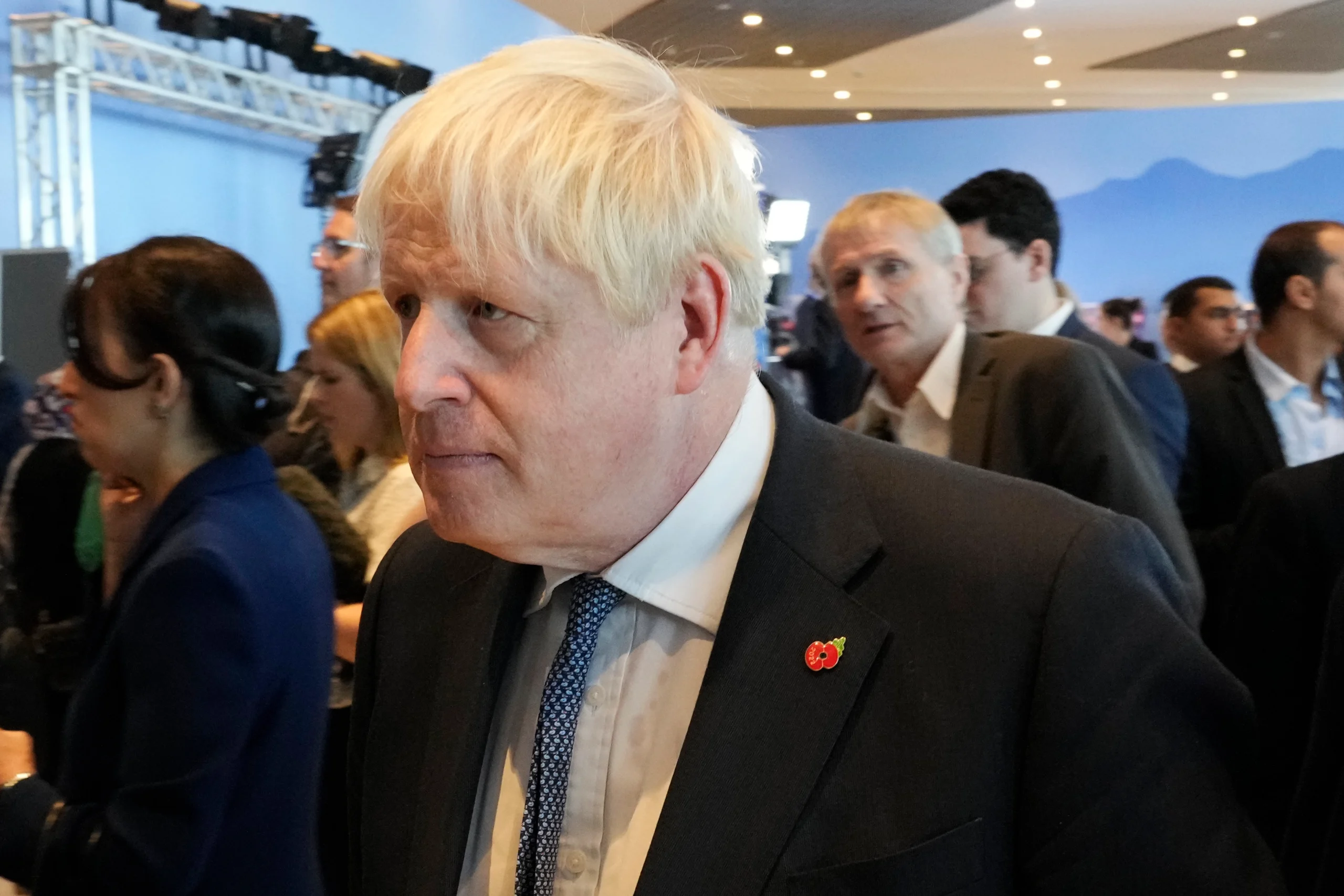

The Case Against Climate Reparations
In my column in today’s Spectator I‘ve sketched out the argument Boris could have made when he was asked by the New York Times at Cop27 whether Britain should pay reparations to developing countries, given that the argument he did make wasn’t particularly good.
Yes, he acknowledged at Cop27, Britain was the first country to industrialise and, as a result, “people in the UK have put an awful lot of carbon into the atmosphere”. But we simply don’t have the financial re-sources to pay compensation for all the harm caused by the industrial revolution.
I can think of several better responses. For instance, he could have questioned the link between extreme weather events – such as the flooding in Pakistan, earlier this year – and carbon emissions. As David Craig pointed out on this site, more people died in floods in Pakistan in 1950 (2,900) and 1965 (10,000) than they did in 2022 (just over 1,500). In 2011, a group of geophysicists looked at the data on extreme floods going back to 1891 and concluded they were less intense in recent years.
Another argument he could have made is that even if you accept that there’s a link between carbon emissions and, say, rising sea levels, it doesn’t follow that the U.K. should pay compensation to the developing world. After all, China is a developing country and China has emitted more carbon dioxide in the past eight years (80 billion tonnes) than Britain did between 1750 and 2020 (78 billion) – that’s according to Our World in Data.
But the most disappointing thing about his response is that he didn’t bang the drum for capitalism and the free enterprise system. As Boris argued in 2018, the economic model pioneered by Britain in the middle of the 18th century has lifted billions out of poverty. In 1970, almost 27 per cent of people worldwide lived in absolute poverty. In 2006, that number had fallen to a little over 5 per cent. The UN estimates more poverty was reduced in the past 50 years than in the previous 500, thanks to the industrial revolution – and the main beneficiaries have been people in the developing world. Between 1990 and 2010, the percentage of the population in developing countries living in poverty fell from 43 per cent to 21 per cent.
In light of this, the notion that Britain should pay a financial penalty to the developing world for being the first country to industrialise is completely absurd. It’s a bit like arguing that because a British citizen created the world’s first successful vaccine, we should pay compensation to all those people who have suffered vaccine injuries, overlooking the fact that without vaccines hundreds of millions would have died from tuberculosis, diphtheria, whooping cough, measles, polio, tetanus and hepatitis B.
Worth reading in full.







